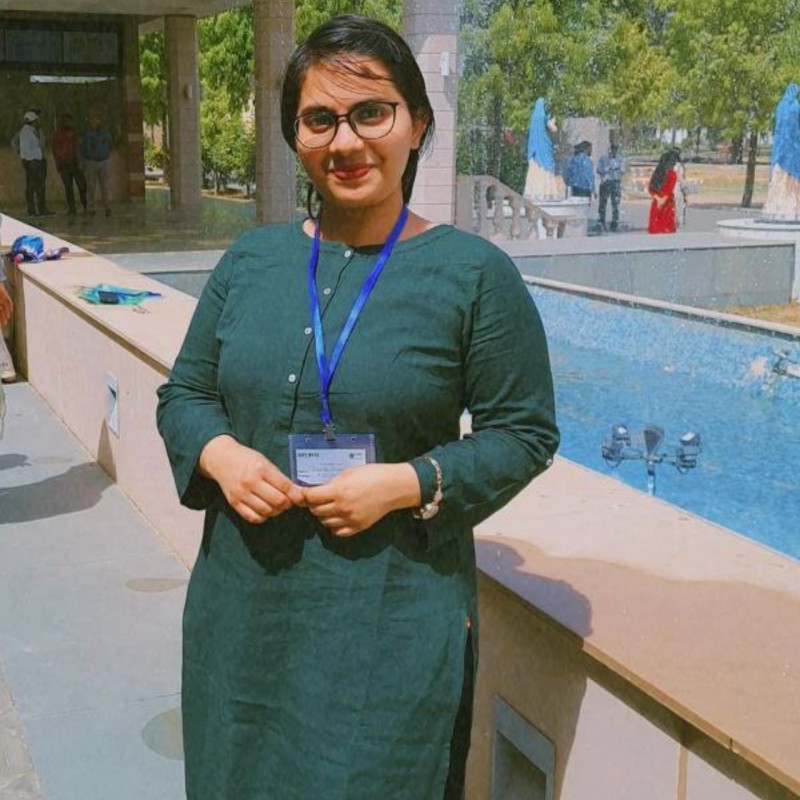Bridging Healthcare Gap in Rural India: Sanjhi Sehat's Holistic Approach to Community Health
- Pragya Gautam

- Aug 16, 2023
- 3 min read
Updated: Sep 7, 2023
We firmly believe that good health is a fundamental right for all, regardless of one’s socioeconomic background. Our primary focus is to provide much-needed medical facilities and support to communities facing any health-related challenges.
Do you know, according to a study published in the medical journal BMJ Open, the average time that India’s primary care doctors spend with patients is only two minutes on medical consultation which is one of the lowest in the world. This has highly detrimental impact on patient's healthcare :
Impact on antibiotic use, drug prescriptions, and pharmacy spending: Doctors may not have enough time to conduct a thorough physical examination or consider the patient's medical history and allergies. It can increase the risk of misdiagnosis, under diagnosis, or over diagnosis of diseases. Short consultation time can lead to excessive use of antibiotics, multiple drug prescriptions, and more spending at pharmacies. Patients may opt for self-medication, depend on pharmacists, or use alternative medicines without appropriate advice or seek care from non-registered healthcare providers. This can increase the chance of adverse drug reactions, drug resistance, and resource wastage. Doctors may also prescribe antibiotics or other drugs without verifying the diagnosis or considering the patient’s medical history or allergies which can increase the chance of side effects, interactions, and problems among patients.
Impact on quality of care and doctor-patient relationship: One of the drawbacks of short consultation time is that it can lower the standard and quality of care and the bond between patients and doctors. Patients may not have enough time to describe their symptoms, seek answers, or get proper diagnosis and treatment. They may feel unhappy, angry, worried, or distrustful of the doctors. Doctors may not be able to do a complete physical examination, pay attention to the patient’s issues, or give sufficient health education and guidance.
Impact on workload and stress of doctors: Short consultation time can severely affect the workload and stress of the doctors. Doctors may have to handle a large number of patients in a limited time, which can affect their effectiveness and accuracy. They may also face more complaints, dissatisfaction, and lawsuits from patients.
At Sanjhi Sehat we understand the criticality of quality medical services and we are working extensively to bridge the gaps in existing health infrastructure. Our community health programs play a pivotal role, extending healthcare to rural and vulnerable communities.

We conduct robust screenings to identify and address health issues promptly before they become fatal. Screenings help discover health problems early by studying the patient’s medical history, family history, genetic risk factors, and current health status. This help improve the chances of effective treatment, recovery, and reduce the complications and costs related to advanced diseases. For example, screening for high blood pressure and diabetes can help avoid or delay the onset of heart disease, kidney failure, or an untimely death.
Giving adequate time to each patient which is important for ensuring the quality and safety of health care and allows us to communicate effectively, exchange information, ask questions, and address concerns which subsequently reduces the risk of errors, omissions, misdiagnosis, or over diagnosis. A special emphasis is also placed in building trust and rapport with our patients, leading to increased satisfaction and adherence to their treatment.
Beyond healthcare services, our initiatives aim to build a healthier, more resilient community, fostering togetherness and support.




Comments